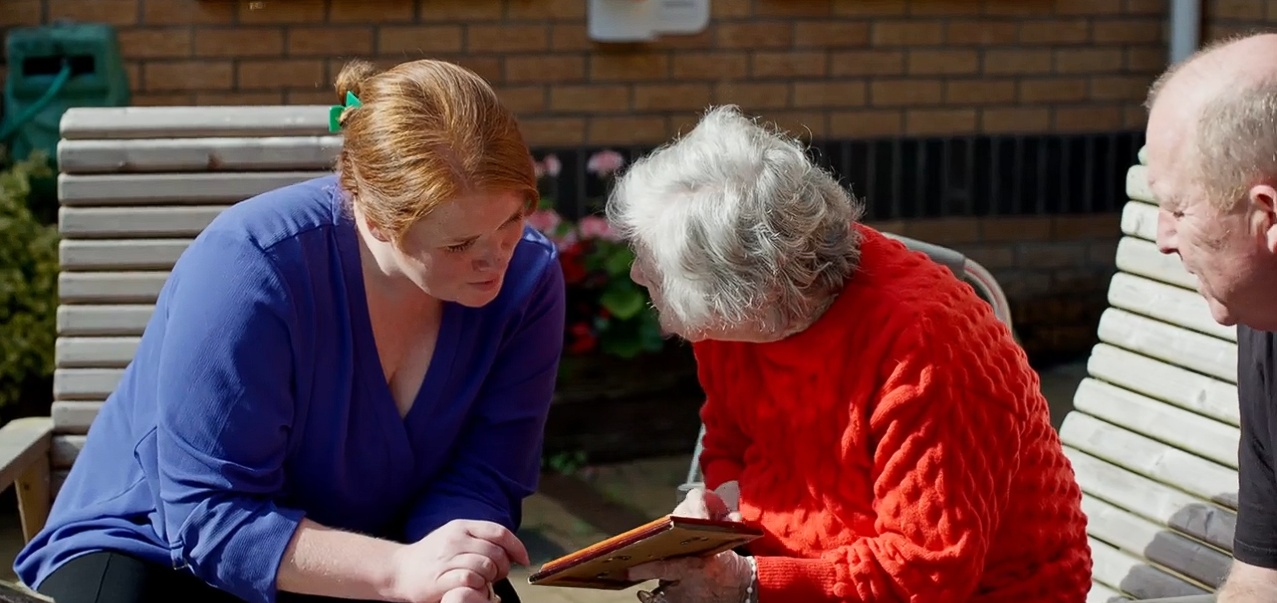
-
Source
Using focus groups to identify FGM-related concerns and priorities (Switzerland)
In the early 2000s, Swiss health practitioners acknowledged the increasing numbers of African migrant women patients presenting with female genital mutilation (FGM). However, very little was known about the women’s FGM-related experiences, needs and priorities, and no guidelines had been developed to address FGM in relation to gynaecological/obstetrical care.
Given the sensitivity of the issue, finding women who were willing to discuss their experience of FGM was difficult. However, care was taken both to work through existing community groups and to reach out to women who did not participate in these groups, for example, recruiting via visits to African restaurants, markets and shops.
Focus groups were chosen as the most suitable method to facilitate information exchange because they provided an opportunity for the women to: i) discuss sensitive and often stigmatized issues in a supportive environment; ii) raise and discuss issues that they identified as important; and iii) provide mutual support and empathy during and following the discussions. Anticipating that some people may not want to participate in a group discussion, women were also given an opportunity to take part in an individual interview. Interviews were also held with health professionals to understand their perceptions of, and responses to, FGM.
The focus group discussions revealed significant differences between the women’s experiences and priorities and the assumptions and practices of health care professionals, particularly around issues such as sexual relationships, reinfibulation and caesarean sections. Recommendations were made to provide community-informed guidance for health professionals and to support opportunities for information exchange amongst migrant communities.
Photo by Giulia May on Unsplash




